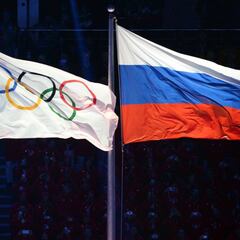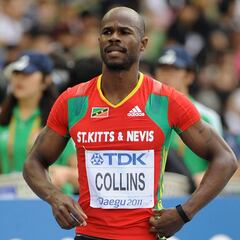Abdul-Jabbar: athletes' protests, basketball and the USA's chances
Basketball great Kareem Abdul Jabbar looks ahead to the Olympics and offers his thoughts on athletes speaking out about political and social issues.
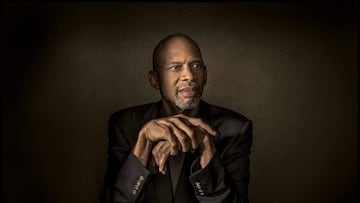
In 1968, I was invited to join the U.S. Men’s Olympic Basketball team. Most people may not know how tumultuous 1968 was in America. The Civil Rights Movement was fighting overwhelming national racism, often at the cost of lives of those doing the fighting. A protest that year at an all-white bowling alley in South Carolina ended with three dead college students. Famed African-American singer Eartha Kitt denounced the Vietnam War during a White House luncheon with Lady Bird Johnson. Black people as a whole were finding their voices, voices that had long been stifled by the powers that be.
1968 Olympics: I was torn
In 1968, I was also finding my voice, rejecting the name and religion of the slaveholder who had owned my ancestors, and converting to Islam. At 22 years old, I was torn between my love for basketball, my heartfelt patriotism, and my desire to add my voice to the chorus of those seeking to better America. Not just blacks, but women through the Women’s Liberation Movement, and Latinos through the United Farm Workers. In the end, I decided not to be part of the team because I didn’t want my presence to seem like an endorsement of the social injustices the country was facing at the time. In 2016, 48 years later, the world is about to experience its 31st Summer Olympics, which is a good time for me to reflect on the strength of the American men’s basketball team, the influence of a few key players, and whether or not political protests by athletes still has a place.
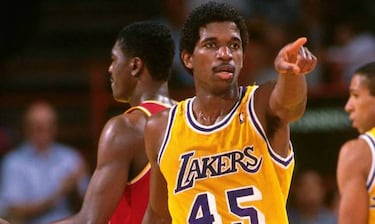
Every player on the US basketball team is an exceptional athlete
The USA's final roster has been set, featuring 12 of the most dynamic players in the NBA. Even though the two most talked-about players, LeBron James and Stephen Curry, were unable to join the team after their exhausting battle in the NBA finals, every player on the current team is an exceptional athlete, a savvy player, and knows how to turn up his performance level under pressure. Unfortunately, great individual players don’t always equal a great team, especially when there are competing egos at play. Superstars don’t always form a super constellation. However, I am confident that these men will put their team, and country, first and we will see some of the most exciting basketball ever.
History of athletes speaking out
Putting one’s country first doesn’t always mean silently ignoring problems. America has a rich history of athletes speaking out against injustice. In 1968, African-American athletes Tommie Smith and John Carlos raised one fist in support of the Black Power movement that advocated equal treatment for blacks in America. Last year, LeBron James showed everyone that his world was bigger than a basketball court when he and other players wore “I Can’t Breathe" T-shirts while warming up for a game over a year ago. This silent protest was meant to call attention to the last words of unarmed African-American Eric Garner, who died unnecessarily at the hands of white police officers in New York City. Courageously speaking out like this, risking popularity and endorsement deals, in order to raise awareness of a social injustice is just the kind of patriotism America stands for.
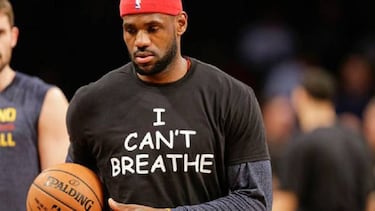
Athletes are role models
Related stories
Should athletes at the Rio Olympics use that venue to express their political sentiments? Whether they like it or not, athletes are role models to impressionable youth who look to them not just as exceptional players but as exceptional examples. With that in mind, every athlete needs to examine their own conscience and decide whether or not the Olympics is the right place to take a political stand. If they do, they should do so peacefully and with respect for others. However, they should be willing to accept the consequences of such actions. One brave woman, Ibtihaj Muhammad, an American fencer, will be making a statement for religious freedom merely through her presence. Her insistence on maintaining her Muslim beliefs by wearing a hijab while competing is the essence of America’s philosophy of inclusion. Athletes’ political protests are merely reminding us to uphold our own standards.
I know it’s natural for people to root for the athletes who represent their country, just as I’ll be rooting for the U.S. Men’s Basketball Team. But win or lose, I am always inspired and uplifted by the displays of athleticism, dedication, and determination, regardless of which country the athletes come from. An outstanding performance is a victory for all of us.
